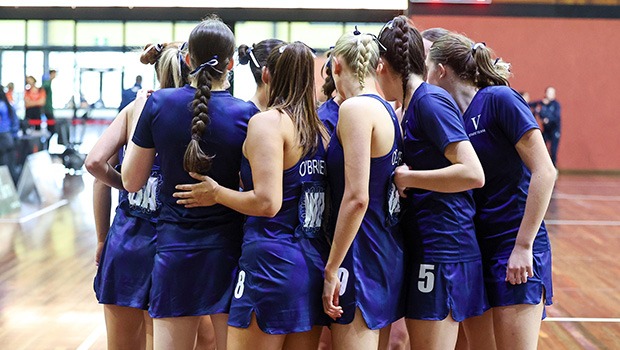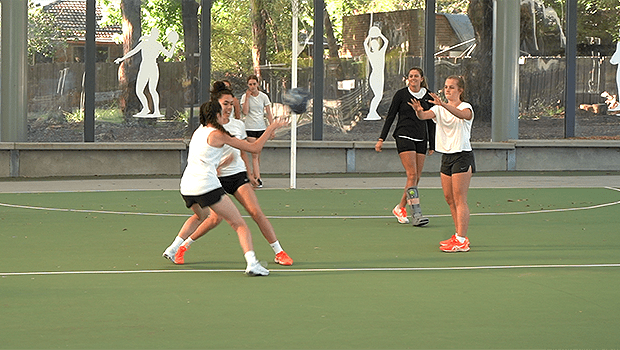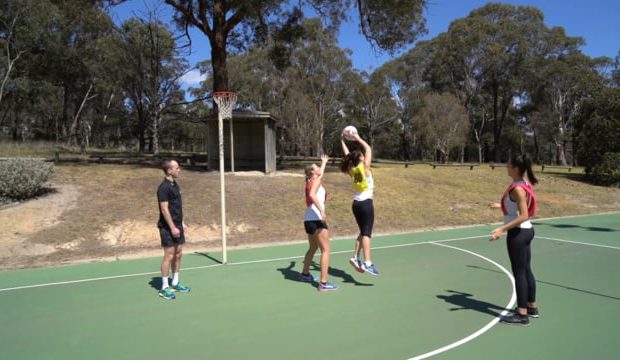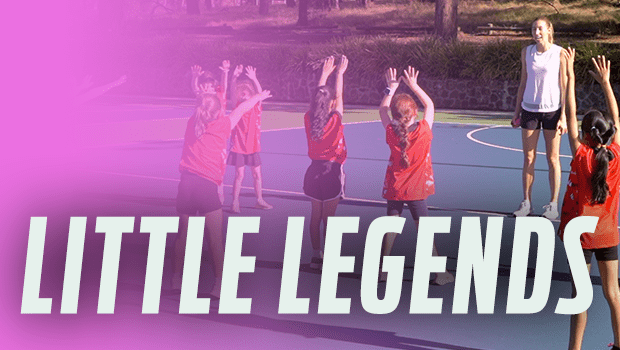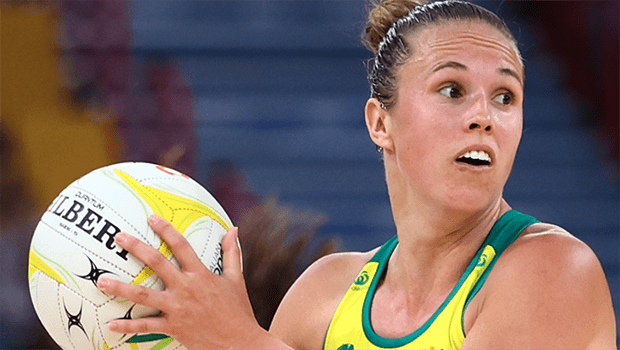
– by Sarah Hogan
If you’ve coached netball for any length of time, you’ve no doubt come across a few ‘challenging’ parents.
Maybe they’re a parent who has high expectations for their child, maybe they’re someone who has coached netball themselves and wants to have a say, or perhaps they’re someone who just loves to complain.
Given most of us are volunteers, we’ve probably all wondered whether it’s worth all of the worry and time spent discussing and deliberating on parent issues?
Whatever the issue, it’s not something you can always ignore, and given parent problems are all but inevitable in the coaching environment, often it’s better to get out ahead of them and try to head them off before they happen.
Here are a few tips to help manage difficult parents.
Set expectations from the start
Regardless of the age group, it is important to ensure players and parents know where the boundaries are and what is expected by both the coach and the club.
This might include arrival times for training and games, on-court behaviour, discussions around court time and dealing with disappointment, as well as a procedures around coaching feedback on performance.
NETBALL DRILLS: REGISTER FOR MORE THAN 400 VIDEOS!
If the team is under-age, it’s always prudent to keep parents informed of these expectations, as they’re usually the ones dictating the player’s movements and also having those conversations with them at home.
Putting those expectations into a written agreement (whether at the team level or entire club level) that each player and parent signs can provide a great reference point to manage conflicts, as well as clear set of standards that parents must adhere to if they wish to be a part of the club.
Get the parents on board
Making parents feel a part of the club and building relationships with them is a great way to establish mutual respect that can mitigate potential parent issues.
Why not try greeting parents at the first training session and take the time to chat with them before or after training, and get to know a little about them.
Putting time into building these relationships from the start may save a lot of heartache and conflict management further down the track.
Managing overenthusiastic sideline supporters
You may have that overenthusiastic parent or supporter on the sideline that likes to comment on the officiating of the game, opponents or even their child’s own teammates.
So how do you have that conversation without creating a storm?
If a club policy around sideline behaviour has already been developed, it can be used to reinforce expected behaviours of parents, including applauding good play, supporting the officials and allowing the coach to deliver on-court instructions. Having a quiet discussion with that parent to remind them and reinforce that policy is a good place to start.
If the issue persists, it can be a good idea also call on the support of someone else at the club, such as the president or a committee member, and ask them to help manage the situation so that you can focus on coaching your players.
If conflict arises…
Being approached by a parent can sometimes catch us off guard, and in those circumstances it is well within your rights to say that you would be happy to arrange a time to have the discussion at a mutually convenient time.
This can enable you to time prepare, and can also help to diffuse the emotion within a situation, if it’s happened immediately after a game. Listen carefully to what they wish to discuss, to ensure you’re able to respond appropriately when you meet.
With that said, if a parent does come on strong, it’s important to acknowledge that as a coach you’re not there as a verbal punching bag and that aggressive behaviour won’t be tolerated.
RUNNING NETBALL TRIALS? CHECK OUT OUR NEW TRIALS WEBSITE!
After agreeing on an alternative time to discuss, ensure you have your facts written down so that you can support what you say. That’s why we always suggest it’s a great idea to keep a record of court time, for example.
Take an open mind, listen to what the parent has to say, acknowledge and repeat what they’ve said to demonstrate you’ve understood it, and then move forward with the discussion.
Depending on the circumstances, if a parent is being vocal on an issue, sometimes it can be more appropriate to have a conversation with the player first – after all it’s them you’re coaching, and they don’t always share the same views as their parents.
For example, a player may have sat on the bench a little longer than usual the last couple of games, so being transparent and providing feedback that’s both specific to the gameplan and the player’s personal development, can help educate not only the player, but their parents as well.
Demonstrate empathy
We don’t always know each family’s circumstances and the challenges they may be facing.
For example, parents may be working multiple jobs to be able to provide sporting opportunities for their children, and when they perceive their child to be hard done by, this may be amplified by their personal circumstances.
While it can be frustrating if our team/club expectations are not being met or heard, at times we may need to take a step back and look at the bigger picture.
Quick tips
If I had to boil down the most effective methods that I’ve found to manage parent issues, I would suggest:
- Being transparent around expectations from the very first session
- Engage with the parents when the players aren’t on court
- Be clear on team values and have parents agree to abide by them
- Deal with conflict calmly and professionally
- Seek help and support if issues escalate
Sarah Hogan is the current head coach of the Victorian 15/U Schoolgirls team, a former Victorian and Australian mixed representative and a coach within the Victorian Netball League.
